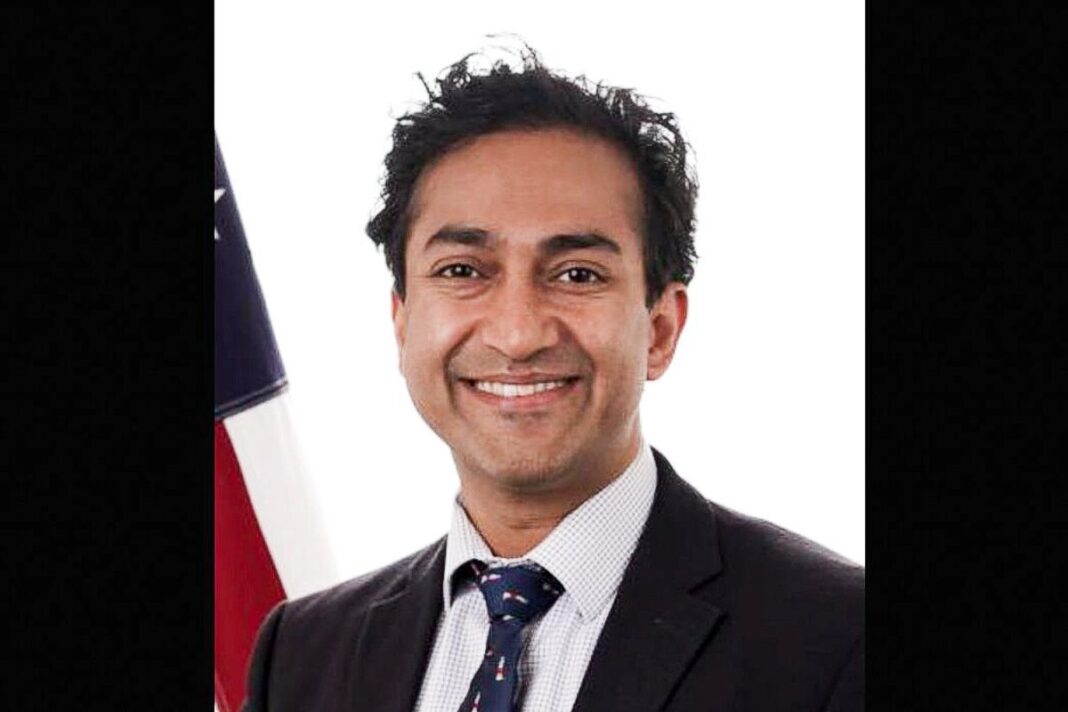Dr. Vinay Prasad touched on recent vaccine-related decisions and comments.
The current vaccine schedule in the United States may not be optimal, the Food and Drug Administration’s top vaccine official said in a new interview.
“I think the scientific establishment blindly defending the U.S. vaccine schedule is incorrect,” Dr. Vinay Prasad, director of the FDA’s Center for Biologics Evaluation and Research, told the Free Press in an interview published Sept. 29. “It is possible that our schedule is suboptimal.”
The FDA is part of the Department of Health and Human Services (HHS). Another HHS division, the Centers for Disease Control and Prevention, sets the immunization schedule, which contains more vaccines and doses than many other countries, such as Denmark.
“I’ve seen some pundits claim that Denmark can get away with a different schedule because they’re a smaller country,” Prasad said. “That’s illogical. Denmark is connected to all of Europe. It would be like arguing that Boston could have a different vaccine schedule than the rest of the Eastern Seaboard if we made it its own nation.”
Susan Monarez, who headed the CDC until she was recently fired, told a congressional committee last month that HHS Secretary Robert F. Kennedy Jr. said during a private meeting that the vaccine schedule would be changing.
Monarez said she would only sign off on changes if she were presented with evidence backing them, and said she was not.
“The childhood vaccine schedule has been vetted and validated through science and evidence,” Monarez said.
If children receive vaccines when recommended by the schedule, they receive multiple shots across multiple visits.
President Donald Trump in a Sept. 22 briefing said that parents should space out vaccines.
“I think the president has a deeper point about the evidence to support combination and concomitant administration. By background, combination vaccines combine two or more into a single vial or shot, while concomitant administration means administering two or more at the same visit. Historically, FDA has had stronger levels of evidence for combination than concomitant administration, but that is changing,” Prasad told the Free Press.
“We are planning new guidance to raise the bar for concomitant administration, and we have a paper now submitted in a medical journal.”








